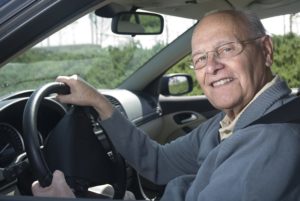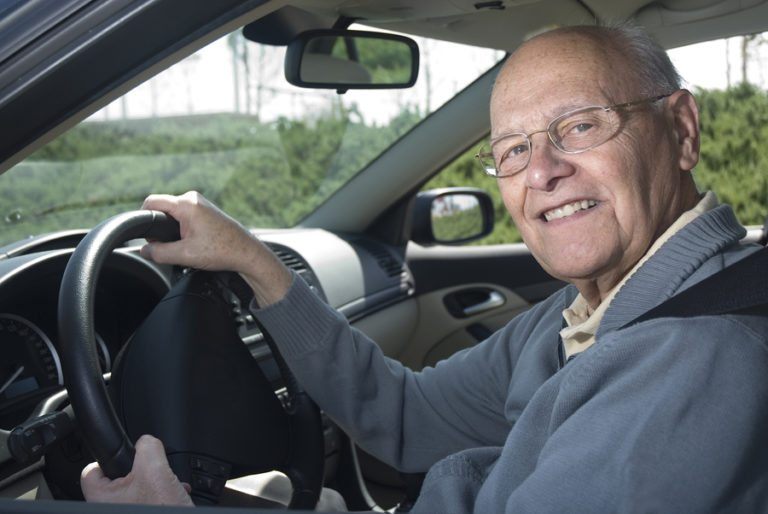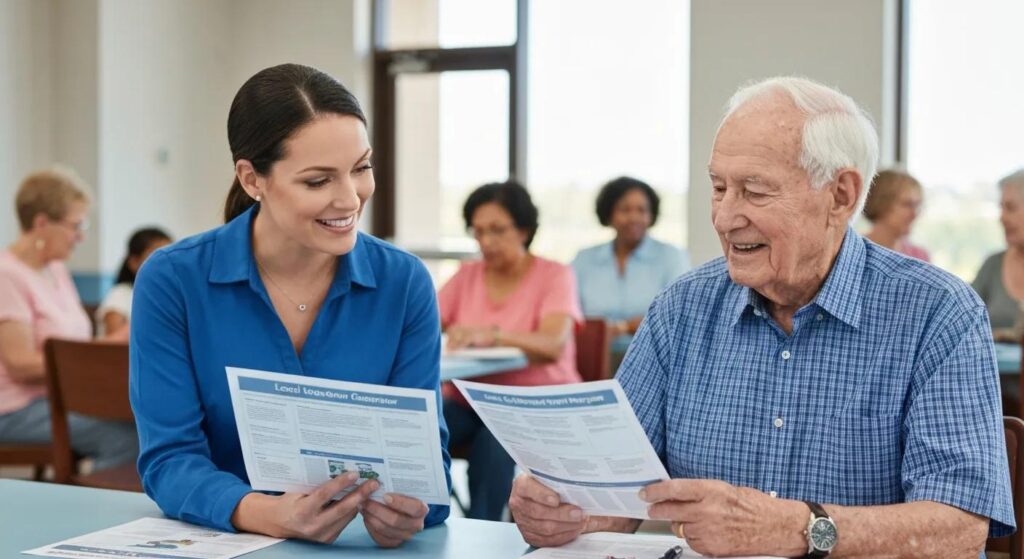People are keeping their driving privileges longer than ever before, and using them to drive longer distances. According to CDC, there were more than 40 million licensed elder drivers in 2015, which is a 50 percent increase from 1999. If you are concerned about your elder loved one’s changing ability to drive, consider these options to help them stay safe upon the road.

Refresher Courses
There are driving refresher courses for those who are age 50 and over that help them compensate for physical impairments. This can include ways to compensate for decreasing flexibility, planning routes, avoiding distractions, maintaining safe distances and setting restrictions to promote safety such as not driving at night or limiting driving to certain distances.
Exercise
Helping your elder loved one develop an exercise program helps them not only drive better, but also live a better lifestyle with increasing energy and optimism. Strength and flexibility are important physical attributes to maintain when behind the wheel. Consider aerobics, tai chi or water aerobics—whatever excites your parent that will ensure a long-term commitment.
Medications
Make a list of all their medications, over-the-counter drugs and supplements that your parent is taking and bring it to their pharmacist. They can check for any possible drug interactions or medications that may cause dizziness or other issues that may challenge driving abilities. Substitutions in medications or dosages are often achievable.
The Senses
Seeing and hearing play a vital part in driver safety. Make sure your loved one schedules yearly appointments for comprehensive eye and auditory exams.
Awareness
Statistically, elder drivers have a greater tendency to be involved in crashes that occur at intersections and are usually in the vehicle that is struck. Other common crashes with the elderly occur in circumstances where they are merging and the other vehicle is traveling faster or in their blind spot. When driving with your parent, help them be aware of the distance required to cross in front of other cars and the need to look behind them when changing lanes. If their necks are stiff to the point that this movement is limited, other considerations for transportation may be in order.
Elder Care Provider
An elder care provider can help with transportation as well as assist with the daily activities of living. They can accompany your parent on public transformation a few times to get them comfortable with the process. They can run errands, do the grocery shopping and make sure your loved one stays engaged through their elderly years and the change aging brings.
Resources: https://www.cdc.gov/motorvehiclesafety/older_adult_drivers/
https://nihseniorhealth.gov/olderdrivers/howagingaffectsdriving/01.html






